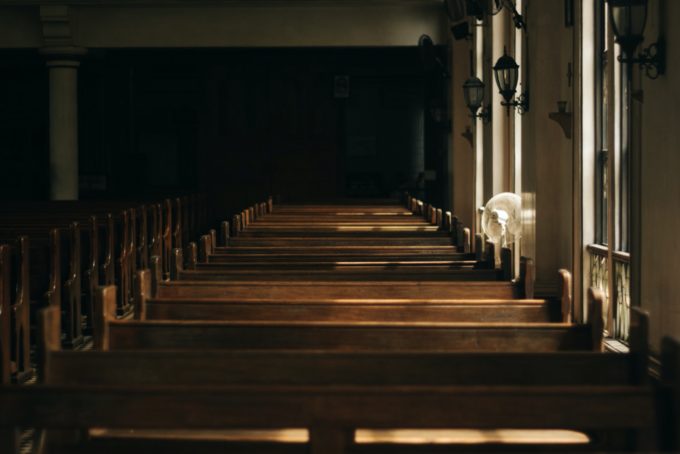
Carson v. Makin: First Circuit Court of Appeals Affirms Decision to Restrict State Funding for Religious Schools in Maine
By Isabella Berkley - Edited by Anastasia Pyrinis
Reaffirming precedent, the U.S. Court of Appeals for the First Circuit recently held that a Maine Department of Education policy that requires private schools to be nonsectarian to qualify for tuition assistance payments does not violate parents’ constitutional rights to choose where to send their children to school.
The Maine Constitution requires the legislature to support and maintain public schools for its residents. Me. Const. art. VIII, pt. 1, § 1. However, due to a shortage of accessible public schools, Maine “school administrative units” (SAU) are permitted to pay tuition for students to attend either private or public schools, so long as they are nonsectarian. Me. Stat. tit. 20-A, § 2951(2). While the statute does not explicitly restrict any particular religion, it effectively limits accessible funding to secular private schools.
The court has upheld the constitutionality of this statute on several occasions, most notably through its decision in Eulitt v. Maine Department of Education. In Eulitt, the First Circuit held that the Equal Protection Clause did not require tuition payments to private sectarian secondary schools as it does to secular secondary schools.
In Carson v. Makin, the plaintiffs argued that the Supreme Court had set a new precedent in Trinity Lutheran Church of Columbia, Inc. v. Comer. In Trinity, the Court found it unconstitutional to deny a religious preschool’s funding application for a grant for purchase of rubber playground surfaces, based on a policy denying grants to religiously affiliated applicants.
Circuit judge Barron, writing on behalf of the court, distinguished the case from Trinity. He explained that Maine’s nonsectarian requirement did not seek to penalize religious exercise or schools, but instead served as the state’s refusal to subsidize religious education with state funds. Judge Barron continued to say that the statute’s limitations pertained to how the funds could be used. The statute did not place any limitations on religious teaching in general. Rather, the tuition assistant payments would directly fund schools whose missions included “instilling a Biblical worldview” and a “biblically-integrated education.” In Trinity, however, the Supreme Court found it unconstitutional to deny the preschool’s application for grant money because that money did not go towards providing a religious education, but would only go towards providing a new surface to a playground.
While the court upheld precedent in this case, this issue is probably far from over. In June 2020, the Supreme Court reversed a Montana Supreme Court decision that denied sectarian schools funding, calling the exclusion unconstitutional. Joined by Justices Thomas, Alito, Gorsuch and Kavanaugh, Chief Justice Roberts argued that excluding sectarian schools from receiving funding traced back to anti-Catholic sentiment in the 1800s and such exclusion should not occur once a state has decided it will subsidize private education. Chief Justice Roberts questioned the difference between declining to provide funding based on usage rather than status: "’[s]ome Members of the Court . . . have questioned whether there is a meaningful distinction between discrimination based on use or conduct and that based on status.’" Following this decision, the court may see future cases that diminish the distinction between prohibiting funding based on usage, prohibiting funding based on status seen in Carson.
Isabella Berkley is a 1L at Harvard Law School.